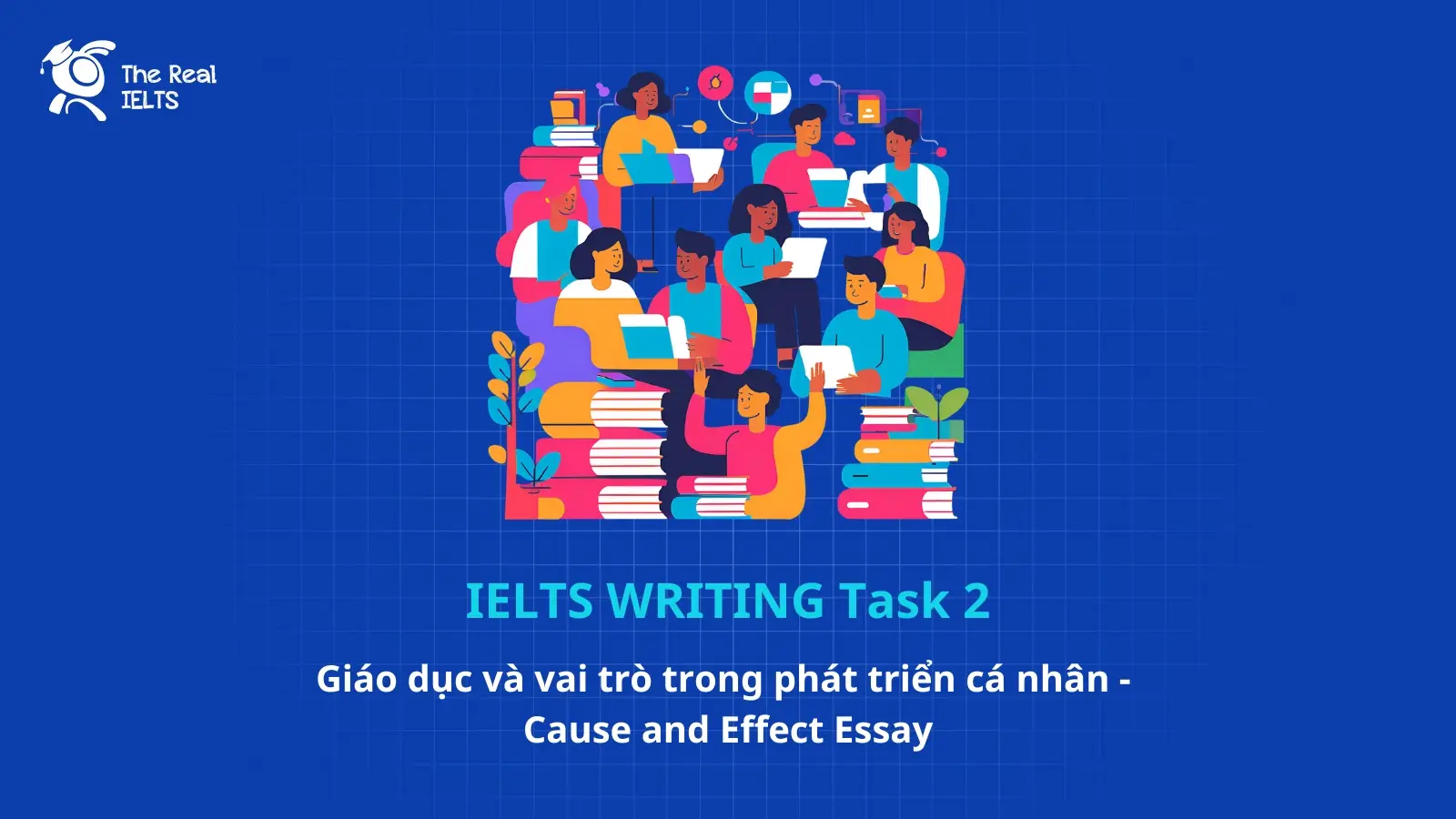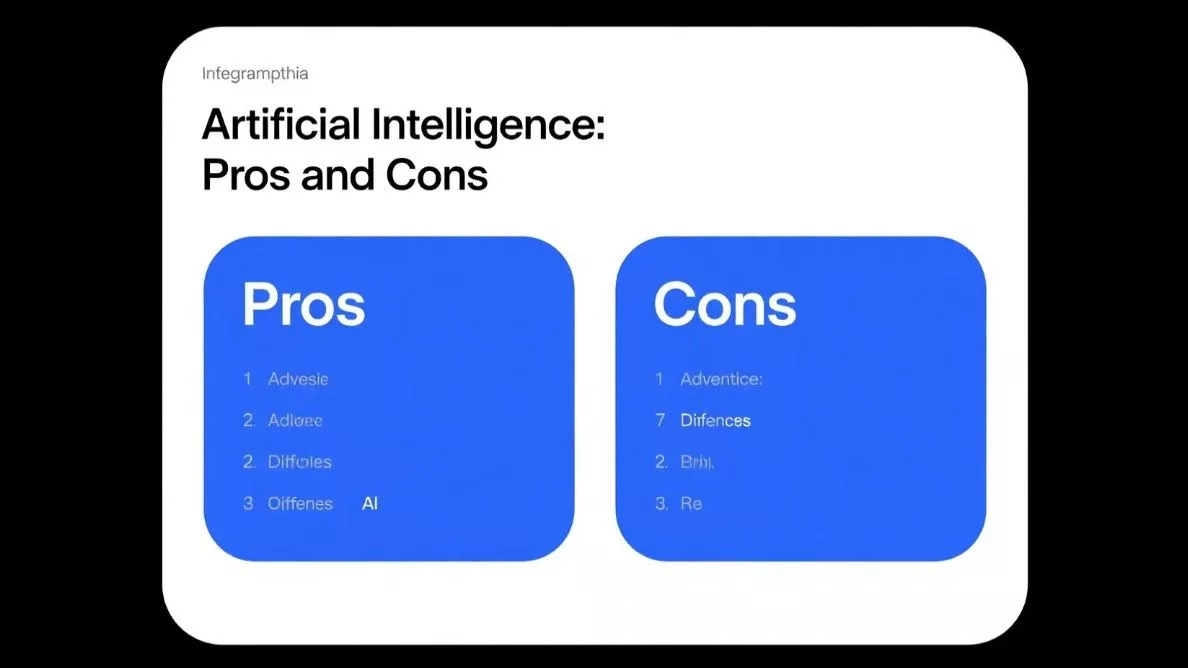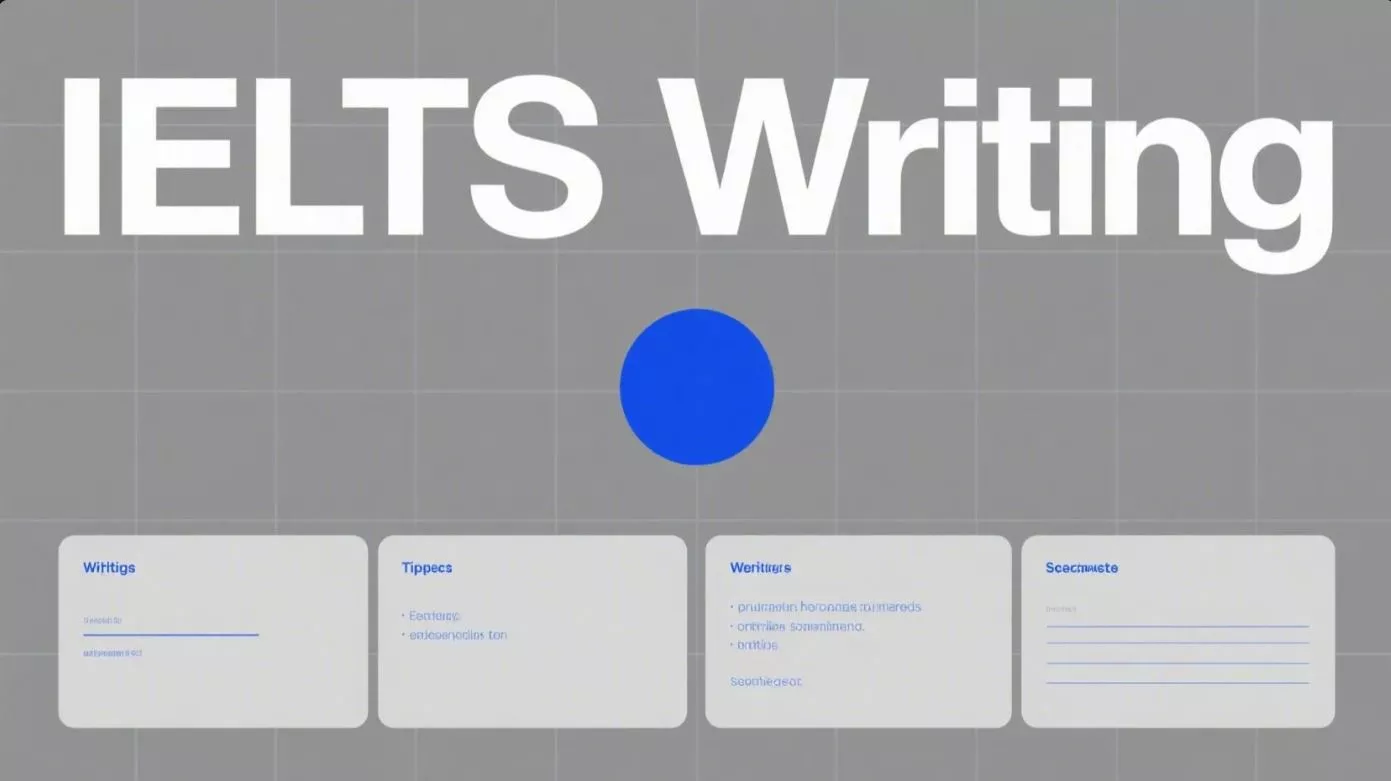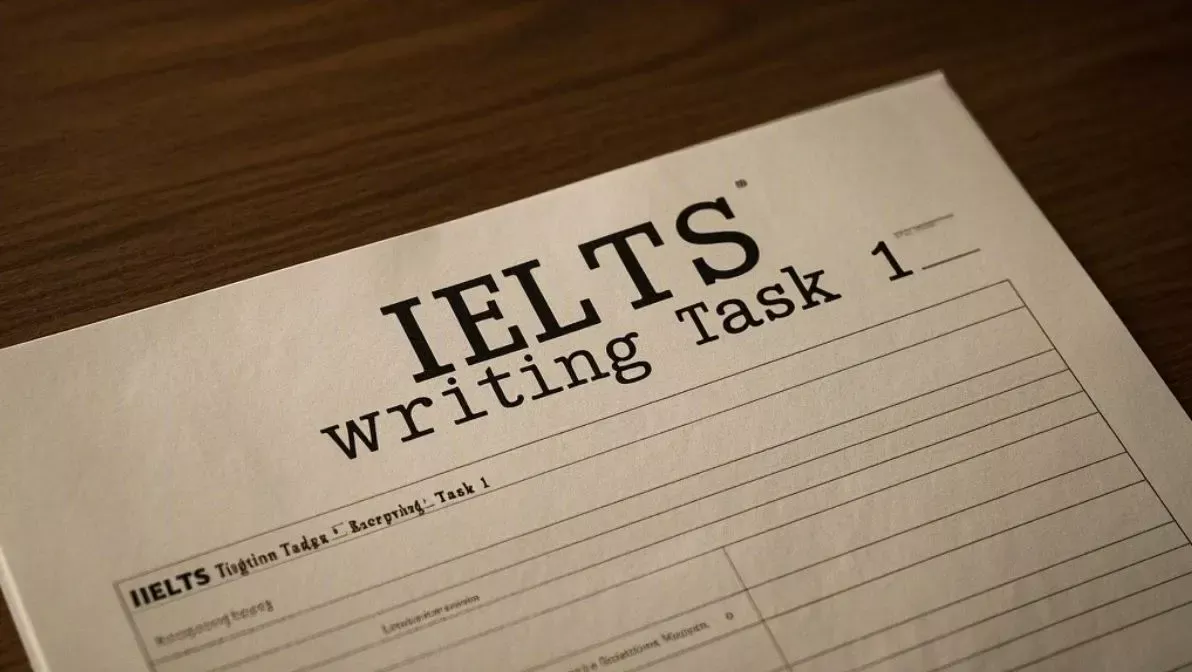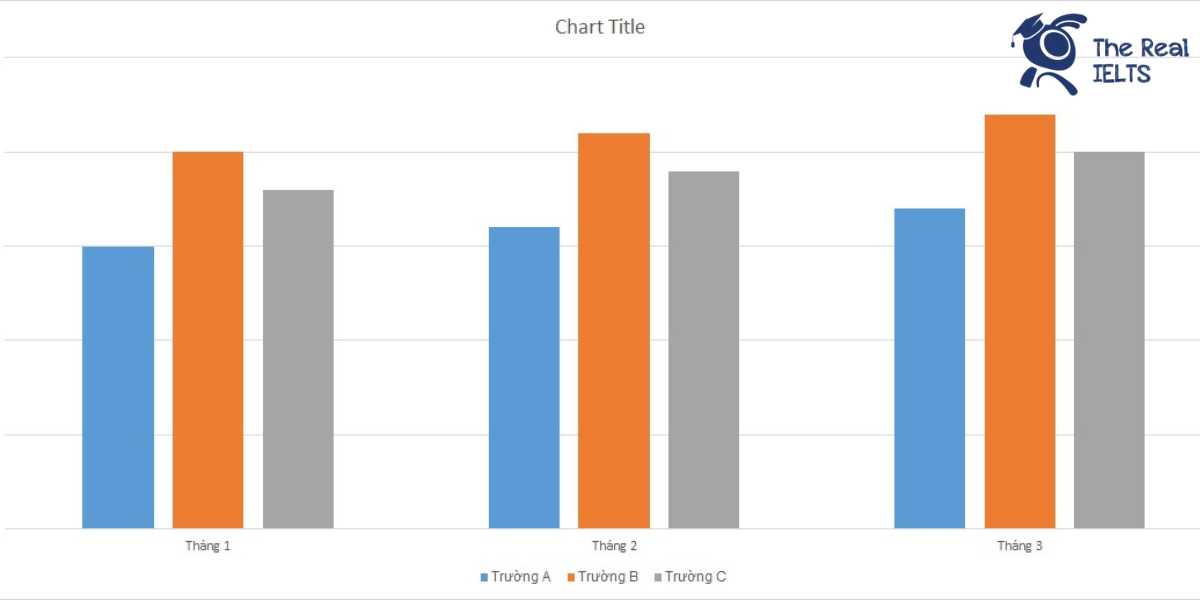IELTS Writing Task 2 yêu cầu thí sinh phân tích nguyên nhân và tác động của một vấn đề. Giáo dục ảnh hưởng sâu sắc đến sự phát triển cá nhân, nhưng không phải ai cũng có cơ hội học tập đầy đủ. Vậy những yếu tố nào gây ra tình trạng này và hậu quả của nó là gì?
Đọc thêm: IELTS Writing Task 2: Giáo dục và vai trò trong phát triển cá nhân- Problem and Solution Essay
Đề bài IELTS Writing Task 2: Giáo dục và vai trò trong phát triển cá nhân – Cause and Effect Essay
Education significantly influences personal development. What are the causes behind this impact, and what effects does it have on an individual’s career and personal life?
Câu trả lời 1
Education plays a crucial role in shaping an individual’s personal and professional life. This impact stems from various causes and leads to significant effects on career prospects and overall personal development.
Causes of Education’s Impact on Personal Development
- Knowledge Acquisition
Education provides individuals with essential knowledge and skills, enabling them to make informed decisions and solve problems effectively. - Cognitive and Critical Thinking Development
Exposure to diverse subjects and learning experiences enhances cognitive abilities, fostering critical thinking, creativity, and analytical skills. - Socialization and Communication Skills
Schools and universities serve as social environments where individuals develop interpersonal skills, learn teamwork, and improve communication abilities. - Personal Discipline and Responsibility
Education instills discipline, time management, and a sense of responsibility, essential traits for both personal and professional success.
Effects on Career and Personal Life
- Career Advancement and Economic Stability
A strong educational background increases employment opportunities, higher earning potential, and career growth. Educated individuals are more likely to secure stable jobs and adapt to changing job markets. - Enhanced Problem-Solving Abilities
Education equips individuals with problem-solving skills, making them more capable of handling workplace challenges and contributing to innovation. - Personal Confidence and Self-Esteem
With knowledge and skills, individuals gain self-confidence, allowing them to express opinions, pursue ambitions, and engage actively in society. - Better Decision-Making in Personal Life
Education helps individuals make informed choices regarding health, finances, and relationships, leading to improved quality of life and well-being. - Social Contribution and Civic Responsibility
Educated individuals are more likely to engage in community activities, support social causes, and participate in civic responsibilities like voting and volunteering.
Conclusion
Education profoundly influences an individual’s development by shaping their intellectual abilities, social skills, and career opportunities. The benefits extend beyond professional success, positively affecting personal confidence, decision-making, and societal contributions. Investing in education remains one of the most effective ways to achieve personal growth and long-term success.
Câu trả lời 2
Education plays a vital role in shaping an individual’s character, skills, and opportunities in life. It influences personal development by providing knowledge, fostering critical thinking, and enhancing social interactions. This essay will explore the causes behind education’s impact and examine its effects on both career and personal life.
Causes of Education’s Influence on Personal Development
One primary reason education impacts personal growth is that it equips individuals with essential knowledge and skills. Formal education teaches academic subjects, problem-solving techniques, and technical abilities, which help individuals navigate various life challenges. For instance, literacy and numeracy skills are fundamental for managing daily tasks, from reading documents to handling finances.
Additionally, education fosters critical thinking and decision-making. Exposure to diverse ideas, cultures, and perspectives enables individuals to analyze situations logically and make informed choices. This intellectual growth leads to better adaptability and problem-solving abilities, which are crucial for personal and professional success.
Another significant cause is the role of education in socialization. Schools and universities provide environments where individuals interact, develop communication skills, and build relationships. These experiences contribute to emotional intelligence, teamwork abilities, and confidence, all of which are essential for personal development.
Effects of Education on Career and Personal Life
Education has a direct impact on an individual’s career by opening doors to better job opportunities. Higher education levels often lead to increased employability and higher salaries. Employers seek candidates with academic qualifications, specialized skills, and the ability to think critically—traits that formal education nurtures. Furthermore, continuous learning and professional development enable individuals to stay competitive in their fields and advance in their careers.
Beyond professional success, education also enhances personal life. It empowers individuals to make better life decisions regarding health, relationships, and financial management. Educated individuals tend to be more aware of their rights, responsibilities, and societal issues, making them more engaged and responsible citizens. Additionally, education contributes to self-confidence and personal fulfillment, allowing individuals to pursue their passions and goals more effectively.
Conclusion
Education profoundly influences personal development by providing knowledge, enhancing critical thinking, and fostering social skills. Its effects are evident in both career advancement and personal well-being, leading to better job prospects, informed decision-making, and improved quality of life. Thus, investing in education is essential for both individual growth and societal progress.
Câu trả lời 3
Education’s profound influence on personal development stems from its ability to equip individuals with the knowledge, skills, and perspectives necessary to navigate life’s complexities and pursue their goals. Several key factors contribute to this impact:
Causes of Education’s Influence:
- Cognitive Development: Education enhances cognitive abilities, including critical thinking, problem-solving, analytical skills, and creativity. This empowers individuals to approach challenges with greater insight and resourcefulness.
- Knowledge Acquisition: Education provides access to a vast body of knowledge across various disciplines, expanding an individual’s understanding of the world and their place within it. This broadened perspective fosters intellectual curiosity and a lifelong pursuit of learning.
- Skill Development: Education equips individuals with practical skills relevant to their chosen fields, increasing their employability and potential for career advancement. These skills can range from technical expertise to communication and interpersonal skills.
- Self-Awareness and Personal Growth: Exposure to diverse perspectives and ideas through education encourages self-reflection and a deeper understanding of one’s values, beliefs, and aspirations. This process fosters self-awareness and personal growth.
- Social and Emotional Development: Education provides opportunities for social interaction and collaboration, promoting the development of interpersonal skills, empathy, and emotional intelligence.
Effects on Career:
- Increased Employability: Education significantly enhances employability by providing individuals with the necessary qualifications and skills sought by employers.
- Career Advancement: Higher levels of education often correlate with greater opportunities for career advancement and higher earning potential.
- Professional Development: Continuing education and professional development programs enable individuals to stay abreast of industry trends and enhance their skills throughout their careers.
- Entrepreneurial Opportunities: Education can equip individuals with the knowledge and skills necessary to start and manage their own businesses.
Effects on Personal Life:
- Improved Decision-Making: Education enhances critical thinking and analytical skills, leading to more informed and rational decision-making in personal life.
- Enhanced Communication and Relationships: Developed communication and interpersonal skills fostered through education contribute to stronger and more fulfilling personal relationships.
- Increased Self-Confidence and Self-Esteem: Educational achievements and the acquisition of new knowledge and skills can boost self-confidence and self-esteem.
- Greater Civic Engagement: Education promotes informed citizenship and encourages individuals to participate actively in their communities, leading to a stronger sense of civic responsibility and social connection.
- Healthier Lifestyle Choices: Education often correlates with greater awareness of health and well-being, leading to healthier lifestyle choices and improved overall health outcomes.
- Increased Life Satisfaction: Studies have shown a positive correlation between education levels and overall life satisfaction.
In conclusion, education plays a transformative role in personal development, impacting both career prospects and personal life. By fostering cognitive development, knowledge acquisition, and skill development, education empowers individuals to lead more fulfilling and successful lives.
Câu trả lời 4
Education plays a crucial role in shaping an individual’s personal and professional life. It provides knowledge, skills, and values that contribute to self-growth and societal progress. This essay will explore the causes behind the significant impact of education on personal development and discuss its effects on an individual’s career and personal life.
Causes Behind the Impact of Education on Personal Development
- Acquisition of Knowledge and Skills
Education equips individuals with essential knowledge in various subjects, from science and technology to humanities and social sciences. It also enhances cognitive skills such as critical thinking, problem-solving, and decision-making, which are crucial for both personal and professional growth. - Development of Discipline and Work Ethic
Through structured learning, students develop discipline, time management, and a strong work ethic. These qualities help individuals remain focused, organized, and committed to their goals, making them more productive in both their careers and personal lives. - Exposure to Diverse Perspectives
Education introduces individuals to different cultures, philosophies, and viewpoints, promoting open-mindedness and tolerance. Exposure to diverse ideas helps people understand global issues, interact effectively with others, and develop empathy and emotional intelligence. - Enhancement of Social and Communication Skills
Schools and universities provide environments for collaboration, teamwork, and interpersonal communication. These experiences improve a person’s ability to express ideas, negotiate, and build meaningful relationships, which are valuable in both work and social settings. - Access to Better Opportunities
Education often serves as a pathway to better career prospects, financial stability, and improved living standards. It provides individuals with the qualifications and credentials required to secure well-paying jobs and advance in their careers.
Effects of Education on Career and Personal Life
- Career Advancement and Financial Stability
Education opens doors to high-paying jobs and career growth. Individuals with higher education levels tend to have better employment opportunities, job security, and higher earnings, allowing them to achieve financial independence and a higher quality of life. - Personal Growth and Self-Confidence
Education fosters self-awareness, confidence, and a sense of achievement. People who are well-educated tend to be more articulate, informed, and capable of making sound decisions, leading to greater self-esteem and a positive outlook on life. - Better Social and Professional Relationships
Educated individuals often develop strong social and communication skills, which help them build meaningful relationships in both personal and professional settings. They are more likely to engage in productive teamwork, leadership roles, and networking opportunities. - Contribution to Society
Education encourages civic responsibility and active participation in social and community development. Educated individuals are more likely to be engaged in volunteer work, political activities, and initiatives that promote social change. - Improved Health and Well-Being
Education promotes awareness of health, hygiene, and lifestyle choices. Educated individuals are more likely to adopt healthier habits, seek medical assistance when needed, and understand the importance of mental and physical well-being.
Conclusion
Education is a powerful force that drives personal development by providing knowledge, skills, and opportunities. It fosters career growth, financial stability, self-confidence, and social awareness while improving an individual’s overall quality of life. Investing in education not only benefits individuals but also contributes to the progress of society as a whole.
Câu trả lời 5
Education’s profound influence on personal development stems from a complex interplay of factors that shape an individual’s cognitive abilities, social skills, and overall perspective on life. This impact extends significantly into both career and personal spheres.
Causes of Education’s Impact on Personal Development:
- Knowledge and Skill Acquisition: Education imparts foundational knowledge and practical skills across various disciplines, fostering critical thinking, problem-solving, and analytical abilities. These skills empower individuals to navigate complex situations and adapt to changing environments.
- Expanded Worldview: Exposure to diverse perspectives, ideas, and cultures through education broadens horizons and challenges pre-conceived notions. This leads to greater open-mindedness, tolerance, and appreciation for diverse viewpoints.
- Enhanced Communication Skills: Education hones communication skills, both written and oral, enabling individuals to articulate their thoughts and ideas effectively. This is crucial for building relationships, collaborating with others, and advocating for oneself.
- Increased Self-Awareness: The process of learning and self-reflection encouraged by education fosters greater self-awareness, allowing individuals to understand their strengths, weaknesses, values, and aspirations. This self-knowledge is fundamental for personal growth and making informed life choices.
- Boost in Self-Confidence: Successfully navigating educational challenges and acquiring new knowledge builds self-confidence and a sense of accomplishment. This empowers individuals to take on new challenges and pursue their goals with greater conviction.
- Development of Social and Emotional Intelligence: The educational environment provides opportunities for social interaction, collaboration, and conflict resolution, fostering social and emotional intelligence. These skills are essential for building healthy relationships and navigating social situations effectively.
Effects on Career:
- Increased Employability: Education enhances employability by equipping individuals with the skills and knowledge sought after by employers. Higher levels of education are often correlated with increased job opportunities and higher earning potential.
- Career Advancement: Education provides a pathway for career advancement, opening doors to promotions, leadership roles, and specialized positions. Continuous learning and professional development are essential for staying competitive in today’s rapidly evolving job market.
- Job Satisfaction: Individuals with higher levels of education often report greater job satisfaction due to increased autonomy, intellectual stimulation, and opportunities for professional growth.
Effects on Personal Life:
- Improved Decision-Making: Education equips individuals with the critical thinking skills necessary for making informed decisions about their health, finances, and personal relationships.
- Increased Civic Engagement: Educated individuals are more likely to be actively involved in their communities, participate in civic activities, and advocate for positive social change.
- Enhanced Personal Well-being: Education is correlated with improved physical and mental health, greater life satisfaction, and overall well-being. This stems from increased self-confidence, a sense of purpose, and the ability to navigate life’s challenges effectively.
- Stronger Relationships: Effective communication skills and emotional intelligence fostered by education contribute to stronger, healthier relationships with family, friends, and romantic partners.
- Lifelong Learning: Education instills a love of learning and a desire for continuous personal and intellectual growth, leading to a more fulfilling and enriching life journey.
In conclusion, education is a transformative force that empowers individuals to reach their full potential, both personally and professionally. By fostering knowledge, skills, and a broader perspective on life, education creates a ripple effect that positively impacts individuals, communities, and society as a whole.
Câu trả lời 6
Education plays a crucial role in shaping an individual’s personal and professional life. It influences personal development by providing knowledge, skills, and opportunities that contribute to growth and self-improvement. This essay explores the causes behind education’s impact and the effects it has on both career advancement and personal life.
Causes of Education’s Influence on Personal Development
One of the primary reasons education impacts personal development is that it provides individuals with essential knowledge and cognitive skills. Formal education enhances critical thinking, problem-solving abilities, and analytical reasoning, which are necessary for personal and professional growth. These intellectual skills enable individuals to make informed decisions and adapt to various challenges in life.
Additionally, education fosters discipline and self-motivation. The structured learning environment teaches individuals time management, perseverance, and goal-setting—skills that contribute to long-term personal development. Education also promotes social awareness by exposing individuals to different perspectives, cultures, and ethical values, which shape their worldview and interpersonal skills.
Another key factor is the link between education and opportunity. Higher levels of education often lead to better job prospects, financial stability, and increased career mobility. This access to opportunities enhances confidence and independence, allowing individuals to achieve personal and professional aspirations.
Effects of Education on Career and Personal Life
One of the most significant effects of education on an individual’s career is improved employability. A strong educational background provides qualifications that make job seekers more competitive in the labor market. Many high-paying jobs require specific degrees or certifications, meaning education directly influences earning potential and job security. Furthermore, education encourages lifelong learning, enabling individuals to adapt to technological advancements and changing job markets.
Beyond career success, education also enhances an individual’s personal life. It fosters self-confidence, communication skills, and emotional intelligence, allowing individuals to build strong relationships and navigate social situations effectively. Educated individuals are more likely to engage in informed decision-making regarding health, finances, and personal development, leading to a higher quality of life. Additionally, education contributes to societal progress by encouraging civic participation, critical thinking, and ethical responsibility.
Conclusion
Education significantly influences personal development by providing knowledge, skills, and opportunities for growth. It enhances cognitive abilities, discipline, and career prospects while also fostering self-confidence and social awareness. As a result, education plays a vital role in shaping an individual’s career success and overall well-being, making it a key factor in long-term personal development.
Câu trả lời 7
Education plays a crucial role in shaping an individual’s personal development by providing knowledge, skills, and opportunities for growth. Several factors contribute to this impact, including access to structured learning, exposure to diverse perspectives, and the development of critical thinking abilities. These influences lead to significant effects on both a person’s career and personal life. This essay will explore the causes behind education’s impact and the resulting benefits.
One key reason why education influences personal development is that it provides individuals with structured learning. Schools and universities offer a well-organized curriculum that helps students acquire essential knowledge in various subjects. This structured approach ensures that individuals develop problem-solving skills, logical reasoning, and a strong intellectual foundation. Additionally, education encourages lifelong learning, motivating individuals to seek continuous self-improvement.
Another contributing factor is exposure to diverse perspectives. Education introduces individuals to different cultures, ideas, and viewpoints, broadening their understanding of the world. This exposure fosters open-mindedness, tolerance, and adaptability, which are crucial for personal growth. Moreover, formal education teaches discipline, time management, and communication skills, all of which are valuable in both professional and social settings.
The effects of education on an individual’s career are profound. A well-educated person has access to better job opportunities, higher salaries, and greater job security. Many professions require specific qualifications, and individuals with advanced education are more likely to secure positions that align with their skills and interests. Furthermore, education enhances career progression by equipping individuals with leadership and decision-making abilities, making them more competitive in the job market.
In terms of personal life, education contributes to improved social interactions and overall well-being. Educated individuals tend to make informed decisions regarding health, finances, and relationships, leading to a higher quality of life. They are also more likely to engage in meaningful discussions, build strong networks, and contribute positively to society. Additionally, education instills confidence and self-discipline, allowing individuals to navigate life’s challenges with resilience.
In conclusion, education influences personal development by providing structured learning and exposing individuals to diverse perspectives. These factors lead to significant career benefits, such as better job opportunities and financial stability, as well as personal advantages, including improved decision-making and social interactions. Therefore, education remains a fundamental pillar of individual growth and success.
Câu trả lời 8
Education is widely recognized as a key factor in personal development, shaping an individual’s intellectual, emotional, and social growth. The causes behind this influence are multifaceted, and its effects extend beyond academic knowledge to impact both career prospects and personal life. This essay will explore the reasons why education plays such a crucial role and the outcomes it generates in various aspects of life.
One major cause of education’s influence on personal development is that it provides foundational knowledge and critical thinking skills. Through formal learning, individuals gain a broad understanding of various subjects, which fosters intellectual growth and cognitive abilities. This knowledge enhances problem-solving skills and the ability to analyze situations from multiple perspectives. Furthermore, education cultivates discipline and time management, as students must meet deadlines, manage workloads, and adhere to academic standards, all of which contribute to personal growth.
Another reason for education’s significant impact is its role in shaping social and emotional intelligence. Educational environments expose individuals to diverse ideas, cultures, and social interactions, helping them develop communication skills, empathy, and teamwork. Participation in group projects, extracurricular activities, and classroom discussions fosters interpersonal skills that are essential for both professional and personal relationships.
The effects of education on an individual’s career are profound. Firstly, education enhances employability by providing the qualifications and skills required for various professions. Higher educational attainment often correlates with better job opportunities, higher salaries, and greater job security. For example, individuals with advanced degrees are more likely to secure leadership positions or specialized roles in their fields. Additionally, education nurtures lifelong learning habits, enabling individuals to adapt to changing job markets and continue developing professionally throughout their careers.
In terms of personal life, education contributes to greater self-confidence and independence. As individuals acquire knowledge and skills, they gain a sense of achievement and self-worth, which positively influences their personal identity and decision-making. Moreover, educated individuals are more likely to engage in informed decision-making in areas such as health, finances, and relationships, leading to a higher quality of life. Education also fosters a sense of civic responsibility, encouraging individuals to participate in their communities and contribute positively to society.
In conclusion, education significantly influences personal development due to its ability to provide knowledge, critical thinking skills, and social awareness. Its effects are far-reaching, enhancing career opportunities and professional growth while also contributing to personal confidence, informed decision-making, and active citizenship. Thus, education serves as a cornerstone for both professional success and personal fulfillment.


